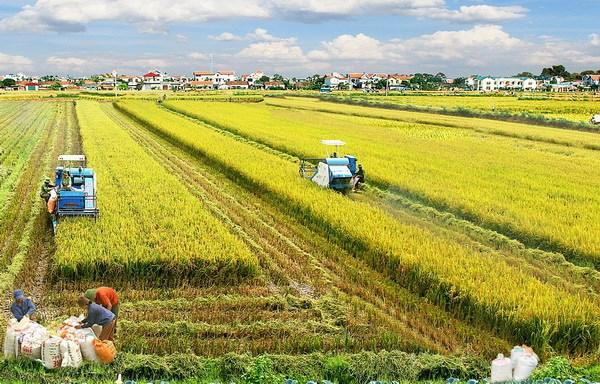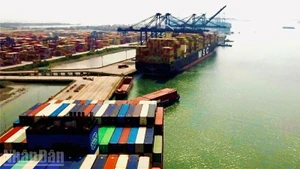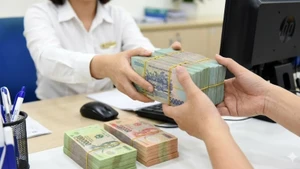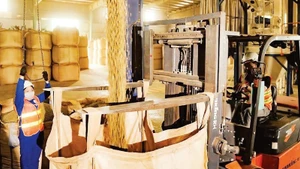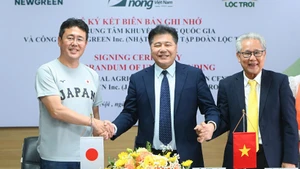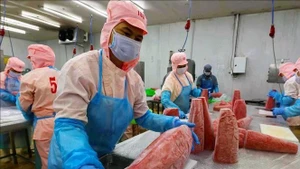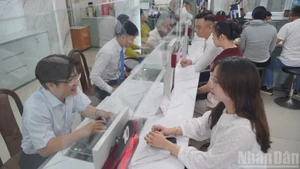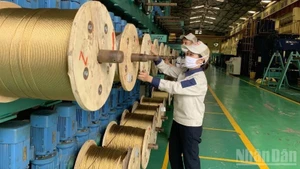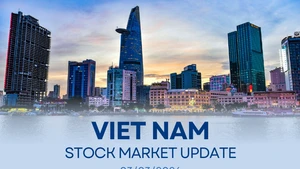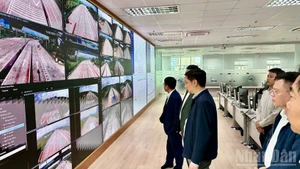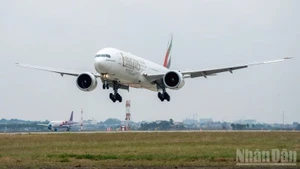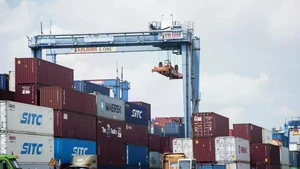Dung stressed that Vietnam and Egypt hold great cooperation potential, especially in fields of their strength. Apart from the cooperation mechanism within the framework of the Inter-governmental Joint Committee, the two sides have promoted in-depth cooperation mechanisms in trade and industry.
The second meeting of the Vietnam-Egypt Sub-Committee on Industry and Trade Cooperation was successfully held online amid trade difficulties in the region and the world and complicated developments of COVID-19.
In such context, the embassy and Vietnam Trade Office in Egypt took synchronous measures, including enhancing online exchanges between the two countries’ ministries and agencies in fields of shared concern like agriculture, urban development, transport, shipbuilding, tertiary education and personnel training; bolstering coordination with promising Egyptian localities via visits and working trips to major cities such as Cairo, Alexandria, Port Said and Damietta; and working closely with the Federation of Egyptian Chambers of Commerce to launch trade, tourism and investment promotion activities.
Dung added that Vietnam is not only strong in farm produce, aquatic products, rubber and wooden products but also in technology in fields of Egypt’s interest like agriculture, aquaculture, food preservation and processing. The Vietnamese firms also have ample cooperation opportunities in mechanical engineering, shipbuilding, electrical equipment production and industry. Meanwhile, Egypt also has huge demand for imports.
However, he said bilateral trade cooperation has yet to match potential due to difficulties.
He pointed out that the two nations share similarities in agriculture while Vietnamese products like dragon fruit, lychee, longan fruit, mango and coconut have yet to meet requirements for export to Egypt. As the Vietnamese enterprises mainly export raw or semi-processed farm produce, their export revenue is not high and they lack their own trademarks in the host country.
Moreover, Egypt imposes high import taxes on various products while the two countries have not yet signed a free trade agreement, making it hard for Vietnamese goods to compete with those from countries that already inked such a deal with Egypt like Turkey, EU and Arabian countries. Other non-tariff barriers also resulted in more costs for Vietnamese exporters.
According to him, the Vietnamese firms have yet to actively access and learn about demand in Egypt and Northern African nations, as well as invest properly to introduce products there.
Last year, two-way trade surpassed 600 million USD for the first time compared to 1 billion USD set by leaders.
The diplomat suggested both nations promote more effective cooperation mechanisms in key areas as well as remove barriers to offer all possible support to businesses.
As 2023 marks the 60th anniversary of bilateral diplomatic ties, he said the embassy will focus on connecting the two countries’ businesses together, attend trade promotion forums hosted by domestic units, and uphold the role of Vietnam’s Honorary Consuls in Sudan and Lebanon to promote trade and tourism, he said.
